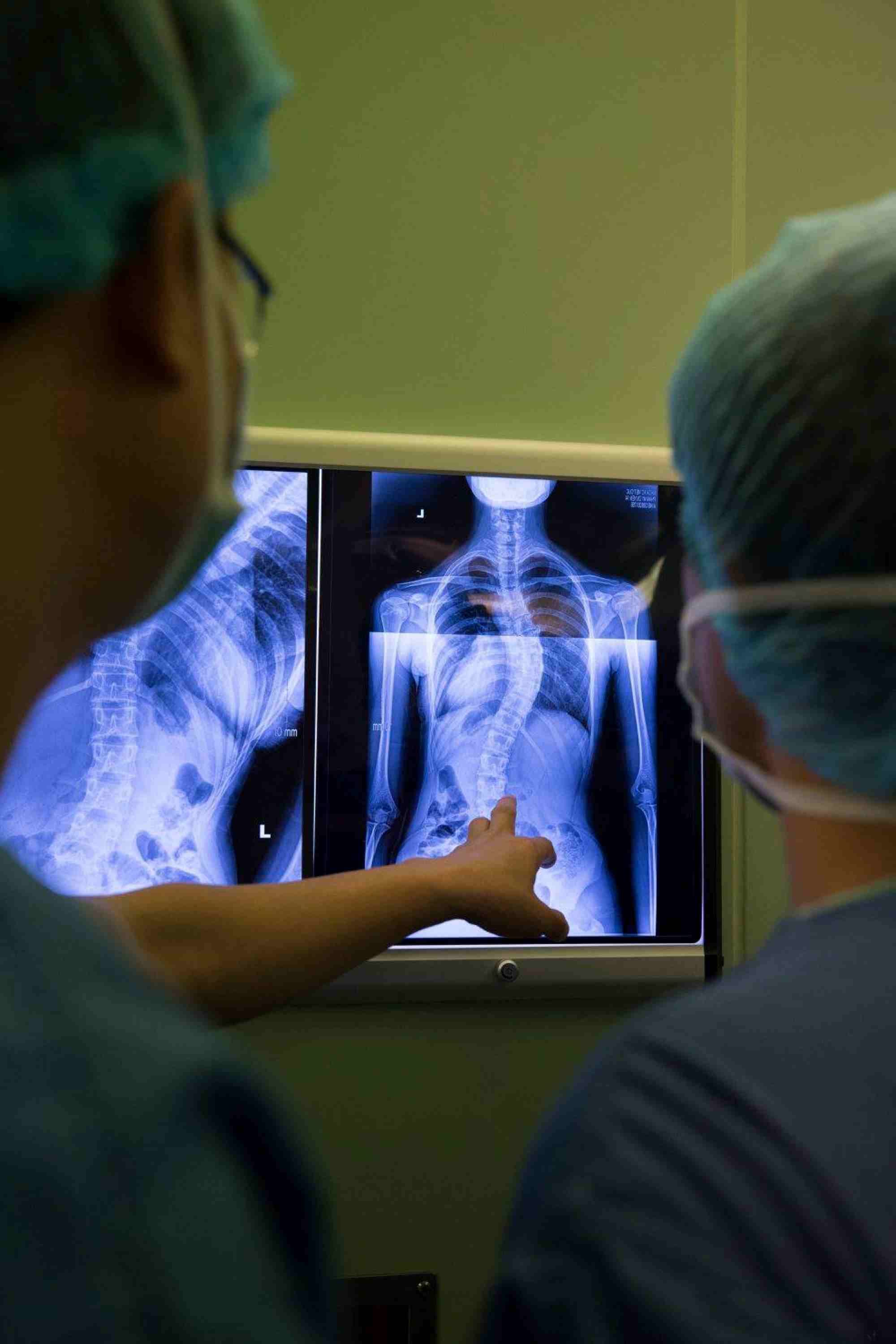Many dangerous diseases are detected thanks to the application of advanced technology.
Patient Nguyen Huu Chinh (44 years old, Hai Phong) faced many serious health problems such as cerebral vascular malformations, hypertension, and hepatitis B. He underwent in-depth diagnostics such as MSCT cerebral angiography, chest X-ray, abdominal and thyroid ultrasound, along with biochemical and hematological tests and hepatitis B viral load measurement. Thanks to the quick procedure and dedicated consultation from the medical team, he was given specific instructions on blood pressure control and hepatitis treatment methods, preparing for a cerebral vascular intervention plan.
Patient Mai Van Tien (40 years old, Thanh Hoa) discovered colorectal cancer through a general examination, thanks to the support of artificial intelligence (AI). AI is integrated into the screening and clinical decision-making process, helping to personalize treatment regimens based on genetic data and related factors.
Associate Professor, Dr. Pham Cam Phuong - Director of the Center for Nuclear Medicine and Oncology, Bach Mai Hospital - emphasized the important role of AI in cancer treatment, especially colorectal cancer. She said that AI supports doctors in image diagnosis, pathology and genetic data analysis, thereby helping to choose optimal targeted and immunotherapy methods. This not only improves treatment effectiveness but also minimizes side effects and improves the quality of life of patients.
AI is widely applied in many medical fields in Vietnam. At the Stroke Center, Bach Mai Hospital, AI helps update advanced treatment methods, significantly improving the quality of care for stroke patients. According to Associate Professor, Dr. Mai Duy Ton, AI provides accurate and timely information, supporting doctors in clinical decisions.
Associate Professor, Dr. Dao Viet Hang - Endoscopy Center, Hanoi Medical University Hospital - shared that AI is changing the approach to diagnosing and treating many diseases. This technology helps detect liver cancer early through CT-scan or magnetic resonance imaging, diagnose endoscopic lesions more accurately, and reduce errors in pathological analysis. AI is also applied in smartphone applications to support patients in managing chronic diseases such as diabetes, hypertension and hepatitis B.
Currently, many large hospitals have actively applied AI to improve the quality of medical services. 108 Military Central Hospital uses AI in imaging diagnosis, supporting early detection of dangerous diseases. Hung Vuong Hospital deploys AI CerviCare in cervical cancer screening, providing fast and accurate results. Vinmec International General Hospital applies AI on modern CT scan systems, helping to detect lesions in difficult-to-observe locations, supporting early diagnosis of diseases such as stroke, cardiovascular disease, and cancer.
In particular, K Hospital has used AI-integrated surgical robots to perform complex surgeries, minimizing damage and improving the effectiveness of cancer treatment. These advances show that AI not only improves the quality of diagnosis and treatment but also contributes significantly to comprehensive health care for the people.
The integration of AI into medical activities is opening a new era for the healthcare industry in Vietnam. From supporting diagnosis, personalized treatment, to remote health management through smart applications, AI is increasingly proving its great value in improving the quality of life and public health. These achievements affirm the continuous efforts of medical facilities in applying advanced technology, bringing Vietnam closer to international standards.

AI Applications in Healthcare in Vietnam: Opportunities and Challenges
Associate Professor, Dr. Dao Viet Hang emphasized that AI is increasingly asserting its important role in the healthcare sector in Vietnam, bringing many great opportunities. With a large population and constantly increasing demand for healthcare, AI has the potential to create important breakthroughs.
Technologies such as machine learning, natural language processing, and medical chatbots not only improve the patient experience but also help optimize operational processes in hospitals. In addition, policies supporting national digital transformation also facilitate AI to penetrate deeper into the healthcare system.
However, the application of AI still faces many challenges. The biggest barriers are the lack of synchronous technology infrastructure, high initial investment costs and the shortage of high-quality human resources. Moreover, the issue of medical data security and building community trust in AI solutions are also urgent requirements that need to be addressed.
To realize the potential of AI in healthcare, Vietnam needs to focus on investing in technology infrastructure, promoting human resource training, and building a strong legal framework. These efforts will not only help AI develop sustainably but also ensure long-term benefits for the community and the national healthcare system.











